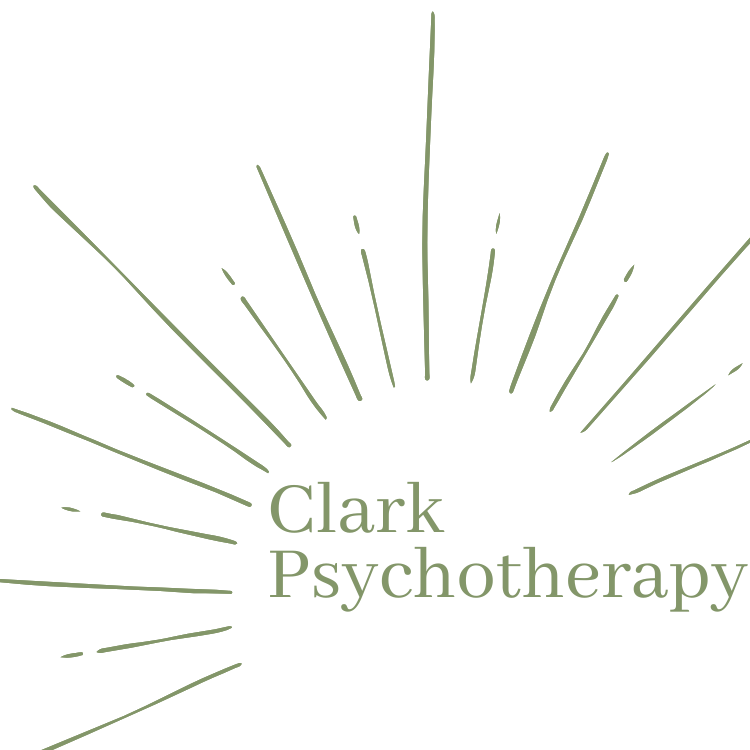Balancing Ethics-Based Food Choices with Intuitive Eating
Yes you can be vegan AND an intuitive eater!
A common question I receive when asked about intuitive eating is regarding how ethics or value-based dietary decisions - like veganism or kosher - fit into the framework. It is absolutely possible to be both an intuitive eater and a value-driven eater. The trick is making sure informed values are truly guiding this decision rather than diet culture messaging.
Values Clarification
Want to eat vegan to save the animals and the environment? Awesome! But is that the truest reasoning for why you are choosing this? If you are choosing veganism in part because you heard it is healthier, will help you lose weight, or otherwise change the appearance of your body, you may want to reconsider. All too often, ethically bound restrictive diets can mask disordered eating behaviors and the research indicates that in many cases it can lead to a full-blown eating disorder down the road. For those in recovery from diet-culture, restricting food options can lead to a relapse.
So often we can start pursuing these ethically-driven decisions either from a purely diet-culture mindset or by convincing ourselves that we are doing it for the ethics when it is really driven by diet-culture.
Not sure if your quest to be vegan/vegetarian/etc. is coming from a diet-culture place? Consider asking yourself these values clarifying questions:
Are there other ways to behave/ live in alignment with this value?
Am I willing to pursue those options with the same enthusiasm as modifying my food choices?
Will making this diet change make me feel like my food options are being restricted?
Intentional Worship
While the choice to go vegan/vegetarian/etc is often framed around ethics, there are numerous religions that also have guidelines surrounding food. Depending on your relationship with your religion, you may or may not feel compelled to follow these mandates. If enacting the food-based rituals of your creed is essential to your worship, then by all means continue.
However, I again encourage you to be honest with yourself about these motives - are they a convenient way to cover up disordered food behavior? If so, are there other ways you can expand your religious worship that do not require restriction? Some individuals in recovery from diet-culture will choose to forego the dietary requirements of their faith until they feel they are comfortable engaging in these guidelines without it feeling restrictive. Alternatively, you might want to consider if you are giving yourself, or how you can give yourself, the most food freedom possible within the food-specific guidelines of your religion.
Challenge the Black and White Thinking
Our human brain loves to simplify things. It is for this reason that we often view things as black and white, either/or, all or nothing. The simplicity of dichotomy soothes our anxious minds. The real world and our real lives are rarely that clean, however. Life is messy, unpredictable, and impossible to plan for.
Therefore, perhaps the best intuitive eating approach to ethically-bound food choices is one of flexibility and grace:
Instead of “I’m a bad vegan because I ate cheese at that party,” we can reframe it to “I try to eat vegan as much as possible, but I don’t let that stop me from socializing with loved ones.”
“I’m a bad jewish woman because I was so starving that I ate the only thing available: a BLT,” can become “I respect my religion’s abstinence from pork and I also respect my body’s immediate needs.”
What kind of ethical or value-based decisions about food do you make around food? How can you practice intuitive eating within those guidelines? I love hearing from ya’ll - drop me a note and let me know what you think!
